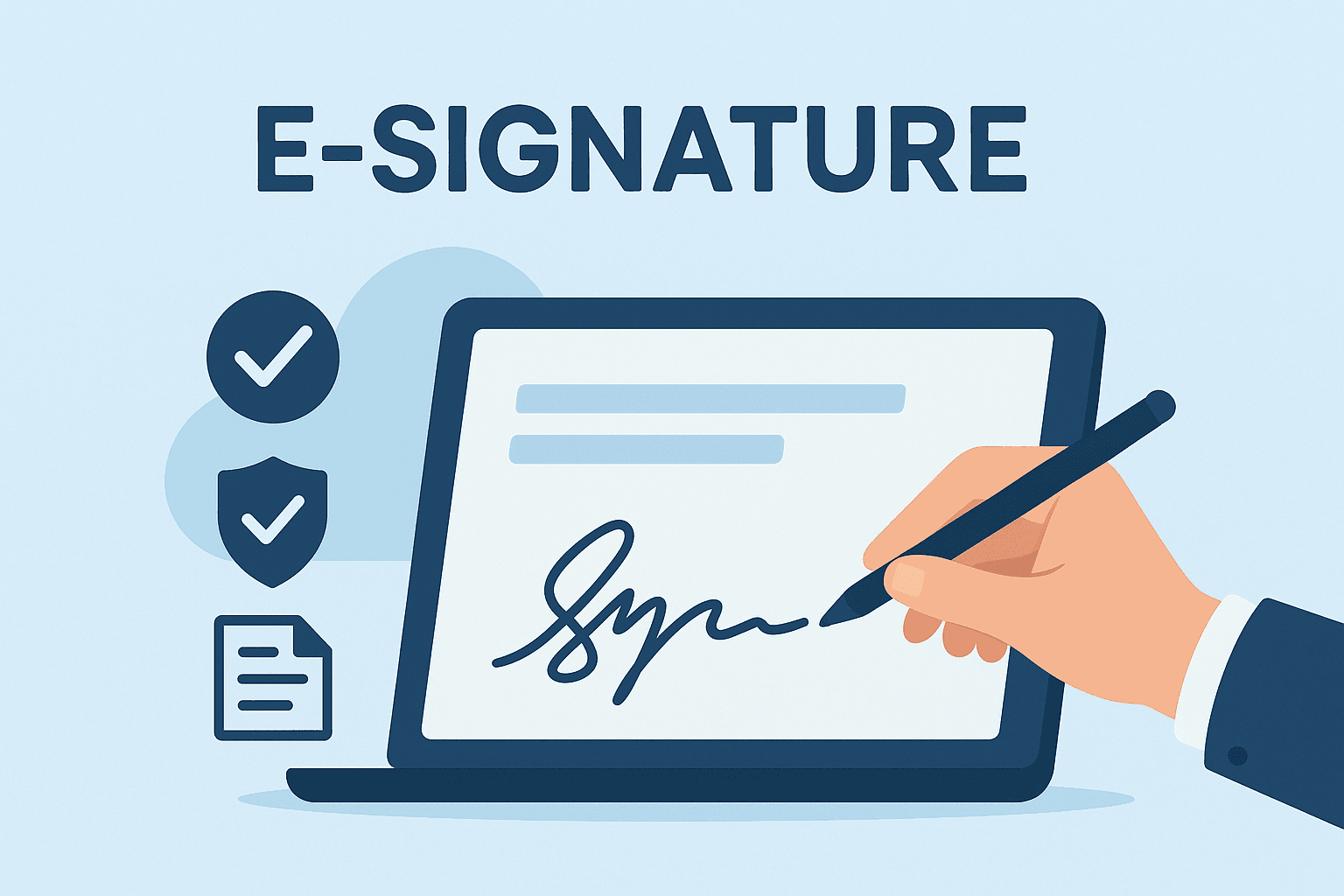What does DSC stand for?





What Does DSC Stand For? Understanding Digital Signature Certificates in Local Legal Contexts
In today’s digital-first world, the term “DSC” has become increasingly important for businesses, professionals, and government agencies. But what does DSC stand for? DSC refers to a Digital Signature Certificate, a secure digital key that authenticates the identity of the holder. In simple terms, it is the digital equivalent of a handwritten signature or stamped seal, but it also provides far more security.
DSCs are part of the broader legal infrastructure enabling electronic commerce, secure online transactions, digital contracts, and paperless workflows. Many countries, including those in Asia such as Hong Kong, Singapore, and Malaysia, have adopted legislation that recognizes digital signatures, provided they meet certain standards.
Let’s take a deeper dive into what DSC is, how it works, and why understanding regional regulatory requirements—especially in the context of Hong Kong and Southeast Asia—is crucial for compliance and business operations.
What Is a Digital Signature Certificate (DSC)?
A Digital Signature Certificate (DSC) is an electronic credential issued by a Certifying Authority (CA) to validate the identity of the person or organization signing electronic documents. The DSC includes public key infrastructure (PKI) components, like a public key, and other user information such as name, email address, and certificate validity.
A DSC enables:
- Authentication: Confirming the identity of the sender.
- Integrity: Ensuring the document remains unchanged after signing.
- Non-repudiation: Preventing the signer from denying the authenticity of the signature.
These features make DSCs essential for conducting online transactions that require legal recognition under local regulations.

Legal Interpretation of DSC: Hong Kong and Southeast Asia Example
When it comes to regional compliance, understanding the difference between digital and electronic signatures is vital. Hong Kong’s Electronic Transactions Ordinance (Cap. 553) recognizes electronic records and signatures, provided they’re reliable and appropriate for the transaction. However, for legal contracts and government applications, digital signatures backed by recognized certificate authorities are often mandatory.
In Singapore, the Electronic Transactions Act (ETA) operates similarly, recognizing digital signatures that are secure and verifiable. The law emphasizes the reliability criteria laid down by international standards such as those by UNCITRAL (United Nations Commission on International Trade Law).
Malaysia’s Digital Signature Act 1997 goes a step further by requiring the use of licensed certification authorities. Similarly, Indonesia’s Electronic Information and Transactions Law (ITE Law) stipulates legally binding standards for digital documentation, including certified digital signatures.
As such, for business professionals or companies operating or expanding in Asia, deploying a DSC that meets local regulatory requirements is critical to maintain both legality and operational efficiency.
Types of DSCs and Their Use Cases
Digital Signature Certificates are usually categorized based on their validation strength and use case:
- Class 1 DSC – Used for verifying email IDs and names, not widely accepted for legal documents.
- Class 2 DSC – Used for e-filing documents such as income tax returns, with identity verification based on a trusted database.
- Class 3 DSC – The most secure; used for high-value transactions such as e-tendering, e-auctioning, and legal contracts.
In some newer jurisdictions, these classifications are being replaced by terms like “Basic,” “Advanced,” and “Qualified” as per the eIDAS regulation framework followed in EU-aligned nations. Some Asian countries are gradually transitioning to these formats as they harmonize with international law.

Who Needs a DSC?
Digital Signature Certificates are essential for:
- Legal professionals signing court documents
- Entrepreneurs filing company registration
- Chartered accountants and tax consultants submitting financial records
- Government agencies issuing licenses and tenders
- Cross-border transactions and contracts requiring conformance to both parties’ legal requirements
Moreover, international businesses or remote teams working across borders prefer DSCs for document legitimacy and international enforceability.
Ensuring DSC Compliance with Local Laws
Not all DSC providers deliver certificates that are compliant with local regulations. For example:
- In Hong Kong, a DSC must be issued by a Certification Authority (CA) recognized under the Hong Kong Post’s recognized list.
- In Singapore, certificates should meet national standards under the Infocomm Media Development Authority (IMDA).
- In Indonesia, only certificates issued by registered providers (“Penyelenggara Sertifikasi Elektronik”) are legally valid.
Thus, when choosing a DSC provider, ensure:
✔ The provider is compliant with local authorities
✔ The certificates support PKI standards
✔ The signatures work seamlessly with workflow and document tools
✔ The solution offers bilingual (English and local language) support if applicable

Differences Between Digital and Electronic Signatures
It’s important not to confuse “electronic signature” with “digital signature.” While both enable digital document signing, only digital signatures backed by a DSC offer encryption, certification, and verified identity. Basically:
- Electronic Signature: Visual representation (a scanned signature, typed name)
- Digital Signature: Encrypted authentication with legal weight, DSC-backed
In many Asian jurisdictions, only digital signatures offer legal standing in formal transactions like property deals, government tenders, and notarized contracts.
Docusign Alternatives: Consider Regionally Compliant eSignature Solutions
While Docusign is a widely recognized global solution, it may not fulfill local certification demands in certain Asian markets. Businesses in Hong Kong, Singapore, Indonesia, and Malaysia looking for an efficient, compliant, and cost-effective Docusign alternative can consider eSignGlobal.
eSignGlobal offers:
- DSC issuance conforming to local CA recognition standards
- End-to-end encryption and audit trails
- Scalable plans for SMBs to enterprises
- Region-specific support and legal interpretation
- Multilingual interface support
Whether you’re e-signing contracts, submitting tax forms, or participating in tenders, adopting a platform like eSignGlobal ensures that you’re not only going digital — you’re staying legal.

Final Thoughts
To sum up, DSC stands for Digital Signature Certificate—a secure, legally compliant method for online authentication. As the digital economy grows, so does the importance of making sure your electronic transactions align with local legal standards.
If you’re operating in Hong Kong, Singapore, or Southeast Asia, make sure your digital signatures are backed by a DSC issued under recognized frameworks. This isn’t merely a best practice—it’s a legal requirement to ensure your digital transactions are enforceable and secure.
For those looking for a top-tier solution fine-tuned for regional compliance, eSignGlobal offers a streamlined, reliable, and legally recognized alternative.
Keep digital, stay secure, and sign smart.

 Only business email allowed
Only business email allowed


